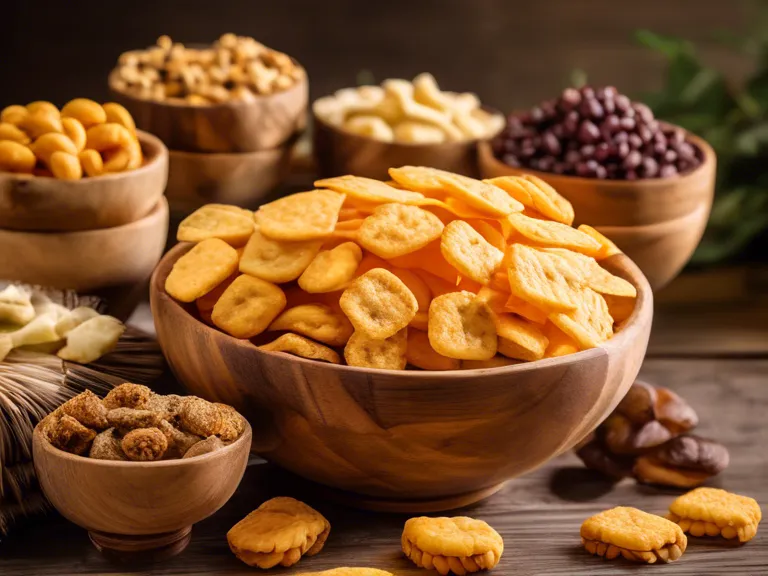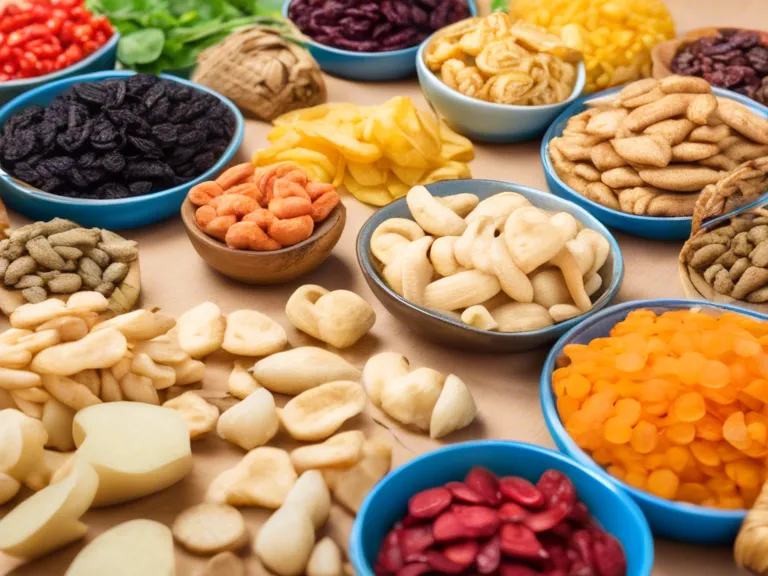
The Role of Traditional Snacks in Promoting Sustainable Food Practices
In recent years, there has been a growing emphasis on promoting sustainable food practices to reduce the negative impacts of food production on the environment. Traditional snacks, often made using locally sourced ingredients and age-old recipes, play a significant role in supporting and promoting sustainable food practices.
Traditional snacks are often rooted in the local culture and culinary traditions of a region. These snacks are typically made using ingredients that are readily available within the community, reducing the need for intensive farming practices that can harm the environment. By utilizing local ingredients, traditional snack makers support small-scale farmers and help preserve biodiversity by promoting the cultivation of indigenous crops.
Additionally, traditional snacks are often made using traditional methods that have been passed down through generations. These methods often rely on manual techniques and simple tools, reducing the energy consumption and carbon footprint associated with snack production. By upholding these traditional techniques, snack makers contribute to the preservation of cultural heritage while also promoting sustainable food production practices.
Furthermore, traditional snacks are often made with minimal processing and additives, making them a healthier and more environmentally friendly choice compared to mass-produced snacks. By choosing traditional snacks over processed snacks, consumers can support sustainable food practices and reduce their impact on the environment.
In conclusion, traditional snacks play a vital role in promoting sustainable food practices by utilizing locally sourced ingredients, supporting small-scale farmers, preserving cultural heritage, and offering a healthier alternative to processed snacks. By incorporating traditional snacks into our diets, we can support sustainable food production and contribute to a more environmentally friendly food system.



